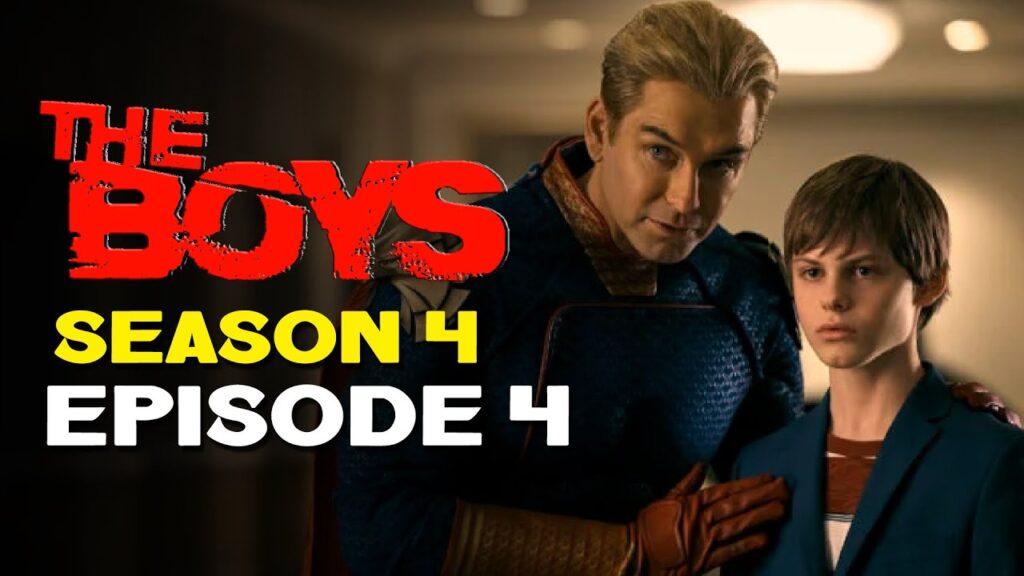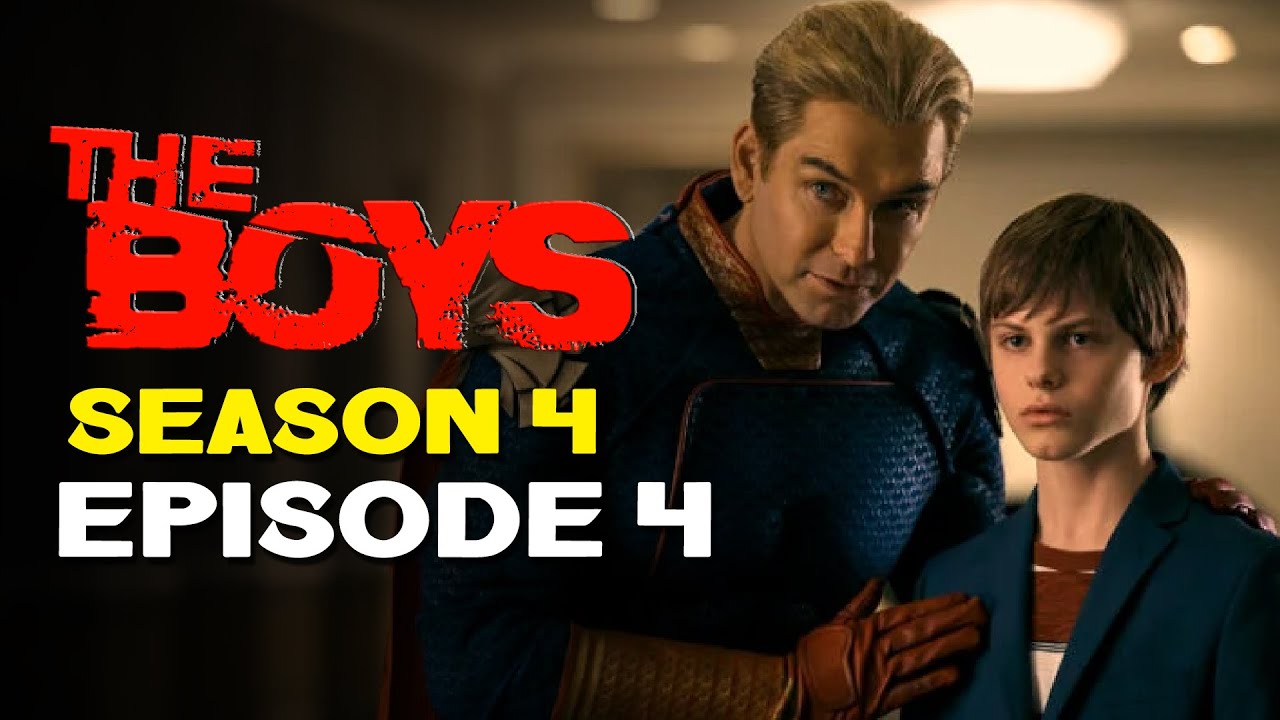
Unpacking the Wisdom of the Ages in ‘The Boys’: A Cynical Reflection of Superhero Culture
Amazon Prime’s ‘The Boys’ isn’t just another superhero show; it’s a darkly satirical deconstruction of the genre, holding a mirror up to society’s obsession with celebrity, power, and the corrupting influence of unchecked authority. While seemingly a far cry from ancient philosophical texts, ‘The Boys’ subtly weaves in the wisdom of the ages, offering cautionary tales about hubris, morality, and the nature of good and evil, albeit through a lens of ultraviolence and cynical humor. This article explores how the series, through its characters and plotlines, echoes timeless philosophical concepts, prompting viewers to question the very nature of heroism and the dangers of blindly trusting those in power. The series’ exploration of these themes allows viewers to consider the modern relevance of the wisdom of the ages.
The Supes as Modern-Day Gods: Echoes of Ancient Myths
The ‘Supes’ in ‘The Boys’ are not just superpowered individuals; they are treated as gods, worshipped by the masses and shielded from accountability. This dynamic mirrors the mythological narratives of ancient Greece and Rome, where gods, despite their powers, were often flawed, capricious, and prone to human failings. Homelander, the Superman analogue, embodies this perfectly. His immense power breeds a sense of entitlement and detachment from humanity, leading him down a path of moral decay. His actions, driven by ego and a desperate need for validation, reflect the dangers of unchecked power, a theme explored extensively in classical literature and philosophy. Consider the parallels between Homelander’s descent into tyranny and the tragic flaws of characters like Oedipus or Agamemnon – figures whose hubris ultimately led to their downfall. The wisdom of the ages warns against the dangers of such unchecked power.
The Illusion of Heroism: A Nietzschean Perspective
Friedrich Nietzsche’s philosophy, particularly his concept of the Übermensch (Overman), offers another lens through which to view the Supes. While the Übermensch is meant to transcend conventional morality and create their own values, the Supes in ‘The Boys’ often misinterpret this concept, using their powers to justify their selfish desires and disregard for human life. They become caricatures of the Übermensch, embodying the worst aspects of unchecked individualism. The show challenges the very notion of heroism, suggesting that true strength lies not in physical power but in moral character and empathy. The wisdom of the ages, as interpreted through Nietzsche, is twisted and corrupted by the Supes, resulting in a distorted view of self-reliance and morality. This distortion is a central theme within the series.
The Corrupting Influence of Power: A Machiavellian Nightmare
Niccolò Machiavelli’s ‘The Prince’ provides a framework for understanding the political machinations within Vought International, the corporation that controls the Supes. Vought operates on the principle that the ends justify the means, manipulating public perception and exploiting the Supes for profit and power. The company’s ruthless tactics, including covering up the Supes’ crimes and manufacturing Compound V, reflect Machiavelli’s cynical view of politics as a game of deception and manipulation. The series highlights the dangers of prioritizing power over ethics, a theme central to Machiavellian thought. The wisdom of the ages, as articulated by Machiavelli, is perverted by Vought, leading to a morally bankrupt system where human lives are expendable.
The Price of Fame: A Cautionary Tale of Celebrity Culture
‘The Boys’ also critiques the modern obsession with celebrity culture. The Supes are treated as celebrities, their images carefully crafted and marketed to the public. This creates a disconnect between their public persona and their true selves, often hiding their flaws and misdeeds. The show explores the psychological toll of fame, highlighting the pressures to maintain a perfect image and the isolation that can result from being constantly scrutinized. The wisdom of the ages reminds us that true value lies not in external validation but in inner integrity. The series uses the Supes’ fame to illustrate the dangers of superficiality and the importance of authentic connection.
Butcher’s Moral Ambiguity: A Question of Ends and Means
Billy Butcher, the leader of The Boys, is a complex character driven by a thirst for revenge against Homelander. His methods are often brutal and morally questionable, blurring the lines between hero and villain. Butcher’s actions raise questions about the justification of violence and the potential for even the most righteous causes to be corrupted by hatred. His relentless pursuit of vengeance echoes the themes of revenge tragedies throughout history, from ‘Hamlet’ to ‘Medea.’ The wisdom of the ages suggests that revenge is a dangerous path that can lead to self-destruction. Butcher’s journey forces viewers to confront the uncomfortable truth that even those fighting for good can be flawed and morally compromised. [See also: The Moral Compass of Billy Butcher].
The Importance of Truth: Exposing the Lies
One of the central themes of ‘The Boys’ is the importance of truth. The series exposes the lies and cover-ups perpetrated by Vought and the Supes, highlighting the dangers of misinformation and the need for critical thinking. The Boys’ mission is to reveal the truth about the Supes, even if it means resorting to extreme measures. This pursuit of truth echoes the philosophical ideals of Socrates, who believed that knowledge is the foundation of virtue. The wisdom of the ages emphasizes the importance of seeking truth, even when it is uncomfortable or challenging. ‘The Boys’ reminds us that uncovering the truth is essential for holding power accountable and creating a just society.
The Enduring Relevance of ‘The Boys’: A Reflection of Our Times
‘The Boys’ resonates with audiences because it reflects the anxieties and disillusionment of our times. The show’s cynical portrayal of superheroes challenges the idealized narratives that dominate popular culture, prompting viewers to question the nature of heroism and the dangers of blindly trusting authority. The series’ exploration of power, corruption, and the manipulation of truth is particularly relevant in an era of fake news and political polarization. The wisdom of the ages, as presented in ‘The Boys,’ serves as a warning against complacency and a call to action to hold those in power accountable. The show’s popularity suggests a growing awareness of the need for critical thinking and a skepticism towards simplistic narratives. The series utilizes the wisdom of the ages to comment on contemporary issues.
In conclusion, ‘The Boys’ is more than just a superhero show; it’s a thought-provoking commentary on power, morality, and the human condition. By drawing upon the wisdom of the ages, the series offers a cynical yet insightful reflection of our society, prompting viewers to question the very nature of heroism and the dangers of unchecked authority. Through its complex characters and provocative storylines, ‘The Boys’ encourages us to engage in critical thinking and to challenge the narratives that shape our understanding of the world. The show’s enduring appeal lies in its ability to entertain and provoke, leaving viewers with a lingering sense of unease and a renewed appreciation for the importance of truth and accountability. The consistent use of the wisdom of the ages helps to elevate the show beyond mere entertainment, transforming it into a powerful social commentary. The show masterfully uses the wisdom of the ages to highlight the timeless nature of these issues. The show’s success demonstrates the enduring relevance of the wisdom of the ages. Further episodes continue to draw upon the wisdom of the ages to explore new themes. The writers clearly understand the power of the wisdom of the ages. The wisdom of the ages is a key ingredient in the show’s success. The continued exploration of the wisdom of the ages will likely be a hallmark of future seasons. The wisdom of the ages allows the show to resonate with a wider audience. The series makes excellent use of the wisdom of the ages to satirize modern society. Even the most cynical characters are influenced by the wisdom of the ages, even if they reject it. The wisdom of the ages continues to be a relevant and important topic for discussion.

